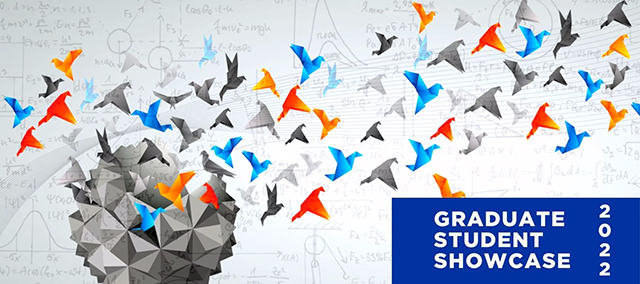
Title of Submission
Muscles & Motion: Understanding the Muscle Utilization of How Babies Achieve a Roll
Degree Program
Biomedical Engineering, PhD
Loading...
Major Advisor Name
Erin Mannen
Type of Submission
Visual or Performing Arts Presentation
Abstract
Achieving a roll is a key motor skill and an important developmental milestone for babies. To initiate and complete a roll, babies must use whole-body, goal-oriented movements that take them from their back to their stomach. Previous research about baby biomechanics, particularly in rolling, is sparse. Only one previous study has established six different coordinated movements that a baby may use to achieve a roll. However, no studies have explored how these coordinated movements are related to muscle activation. The purpose of this study is to develop a quantifiable method characterizing muscle activation and coordinated movements of infant rolling. Twenty-four healthy babies (14M, 10F, 6.7 ± 0.7 months) participated in this IRB-approved study, where seventy-two half rolls were analyzed. Analysis was done with electromyography (EMG) sensors that records muscle activity. A GoPro camera allowed us to visually determine which movement type a baby is using to achieve a roll while the EMG sensor data shows the corresponding muscle activation. These results indicate a promising approach towards quantifying the movement patterns of roll initiation using a combination of video and EMG analysis. Understanding how babies achieve a roll on a flat surface is crucial in determining key product design features needed to keep babies safe. This could lead to improved regulations for infant safety when creating new products.
Captions
Siegel, Danielle (2022) Muscles and motion - transcript.pdf (69 kB)
Transcript
